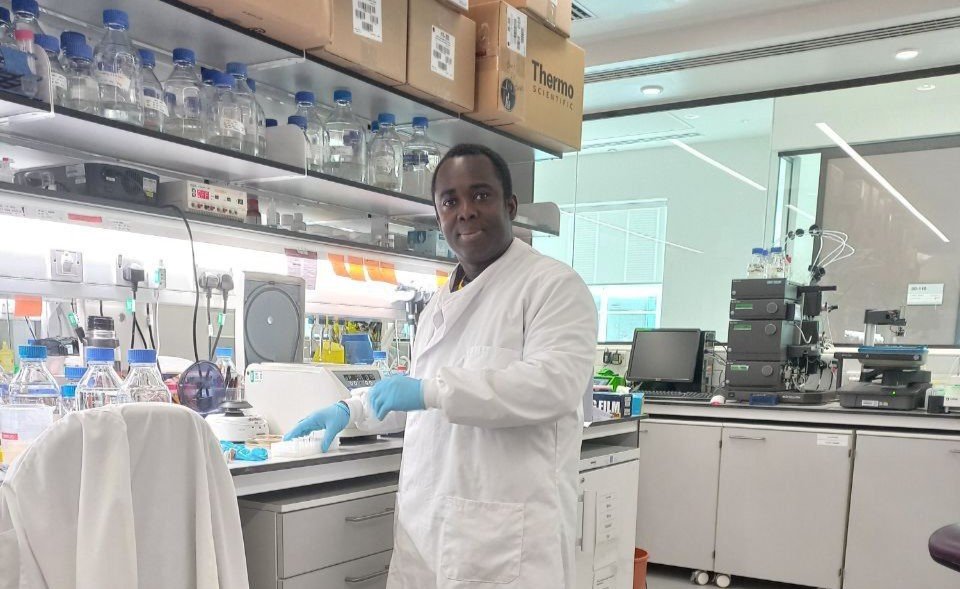
Kebab, a popular street food enjoyed worldwide, particularly in urban areas, is prepared by skewering and grilling small pieces of meat, often seasoned with spices and marinades. While kebabs are beloved for their taste and convenience, the microbial quality of these foods, especially when prepared and sold in unregulated environments, poses potential health risks to consumers.
Sunyani, the capital of the Bono Region in Ghana, is a bustling city with a vibrant street food culture. Kebabs are commonly sold in various locations across the city, providing locals and visitors with a convenient and affordable dining option. However, the conditions under which kebabs are prepared and sold, including hygiene practices, storage conditions, and the source of meat, can influence their microbial safety.
Microbial contamination of kebabs can occur at multiple stages of production and distribution, including during meat handling, preparation, grilling, and storage. Pathogenic bacteria, such as Escherichia coli, Salmonella spp., and Staphylococcus aureus, can proliferate on meat surfaces if proper hygiene practices are not followed, leading to foodborne illnesses if consumed.
Assessing the microbial quality of skewered and grilled meat sold in selected areas of Sunyani is essential for ensuring food safety and protecting public health. By conducting microbiological analyses of kebab samples obtained from street vendors and informal food outlets, it is possible to identify potential sources of contamination and assess the prevalence of pathogenic bacteria.
Furthermore, understanding the factors contributing to microbial contamination of kebabs, such as food handling practices, storage conditions, and the hygiene of food preparation areas, can inform interventions aimed at improving food safety standards and reducing the risk of foodborne illness associated with street-vended kebabs.
Given the popularity of kebabs as a convenient and accessible street food in Sunyani, this study aims to investigate the microbial quality of skewered and grilled meat sold in selected areas of the city. By generating data on the microbial safety of kebabs and identifying areas for improvement in food handling practices and hygiene standards, this study seeks to contribute to efforts aimed at promoting safe and healthy street food consumption in Sunyani and similar settings.




















